 It was the perfect loop: The Republican opposition research group America Rising finds footage of Democratic Senate candidate Bruce Braley in agriculture-loving Iowa, seeming to put down the intelligence of farmers. That footage becomes part of a 30-second TV ad, by the super PAC American Crossroads, boosting the Republican candidate, Joni Ernst.
It was the perfect loop: The Republican opposition research group America Rising finds footage of Democratic Senate candidate Bruce Braley in agriculture-loving Iowa, seeming to put down the intelligence of farmers. That footage becomes part of a 30-second TV ad, by the super PAC American Crossroads, boosting the Republican candidate, Joni Ernst.
Ernst wins. So does America Rising, which used that episode in Iowa last year to show prospective clients and donors what it can do.
Big political opposition operations, which didn’t even exist five years ago, will be important players in the 2016 presidential election. They started early, with America Rising tracking Democratic frontrunner Hillary Rodham Clinton since early 2013, and its liberal counterpart, American Bridge 21st Century, keeping tabs on more than a dozen GOP contenders for four years now.
“Oppo,” as it’s known, is flourishing thanks to donors and political parties investing millions in the two groups. The bounty of material means voters will see more of what they say they hate the most about elections: attack ads.
The work begins in Iowa barns and New Hampshire coffeehouses — anywhere politicians might appear. Twenty-somethings with smartphones, video equipment and microphones track their targeted candidate’s every move, waiting for a gaffe, a policy flip-flop or anything embarrassing.
These trackers aren’t always welcomed as friends.
As an American Bridge employee tried to livestream an appearance by GOP presidential candidate Rand Paul last month in New Hampshire, Paul’s state political director walked over and licked the lens of the video camera. “This is a closed event,” David Chesley said. The lick scored more than 345,000 views on YouTube and showed up on Yahoo News and CNN.
Sometimes the tracking goes to an extreme, as when that same American Bridge videographer, this time following Republican New Hampshire Sen. Kelly Ayotte, showed up at the funeral of a local politician.
All of the field footage gets analyzed and archived at headquarters. For American Bridge, that’s an industrial-chic, second-floor space near Union Station in Washington. America Rising’s home is an office in Rosslyn, Virginia, decorated with great moments in oppo, like a snapshot of 2004 Democratic presidential nominee John Kerry windsurfing.
At these headquarters, earbuds-wearing researchers also scour old videos, public records and websites for fodder. Next comes deployment. Opposition research gets shipped out to political reporters and posted on social media. Outside groups and candidates pick up from there by packaging the material — or news coverage of it — into advertisements.
All of this had typically been done by volunteers or employees on a campaign or in a political party until 2011, when liberal activist David Brock decided to form a group that made such work its specialty. His American Bridge is part-super PAC, part-nonprofit, meaning that donors can write checks of unlimited size and have the option of remaining anonymous.
Since its formation, the super PAC side, which must report its donors and can more directly participate in elections, has raised more than $23 million from Democratic financiers such as billionaire Hungarian-born investor George Soros and oil heiress Anne Earhart.
“Donors have responded to the efficiency of the model,” Brock said. “They very much like the idea of avoiding duplicating research efforts.”
American Bridge was still proving its worth in August 2012 when a tracker assigned to monitor Missouri’s Republican Senate candidate, Todd Akin, heard him talk about “legitimate rape” during a local morning show. The group blasted the clip out to the media and to allies on the left. His campaign never recovered.
Akin-level finds are rare. More often, opposition groups wield their power by sharpening the public’s existing impression about a candidate. American Bridge found as much material as it could to tear apart the business successes of Mitt Romney, the 2012 Republican presidential nominee, portraying him instead as ruthless.
“The truth about opposition research is that it’s rarely a silver bullet,” said Jessica Mackler, president of American Bridge. “It’s a thousand little cuts.”
Republicans watched American Bridge with envy. Then they copied it.
“Republicans had completely dropped the ball on tracking,” said Steven Law, president of American Crossroads and Crossroads GPS, two of the best-funded outside groups of the 2012 election. “And we were deeply disappointed with the quality of the opposition research available to us.”
Law and Crossroads co-founder Carl Forti persuaded Joe Pounder, the Republican National Committee’s lead researcher, and Matt Rhoades, manager of Republican nominee Mitt Romney’s campaign, to start America Rising in early 2013. Crossroads was its first client.
Like American Bridge, America Rising is part-super PAC. That entity raised $1.3 million by the end of last year. But the group also is part-corporation, selling its tracking, research and rapid response. Federal Election Commission records reviewed by The Associated Press show candidates and political groups have paid the corporate side more than $3.4 million for its services.
Its clients include the Republican National Committee and the main party committees for the Senate and House of Representatives as well as several state parties.
Both America Rising and American Bridge are expanding. Between the two, they’ll employ at least 150 people through Election Day next year.
American Bridge recently spun off a second group, called Correct the Record, to defend Clinton against attacks coming from America Rising and GOP opponents. And America Rising this month brought aboard Spencer Zwick, the financial architect of Romney’s campaign, to help raise money.
“I believe a donor gets more bang for their buck in participating with America Rising,” Zwick said. The group “has a more direct impact than almost any other organization.”
(AP)

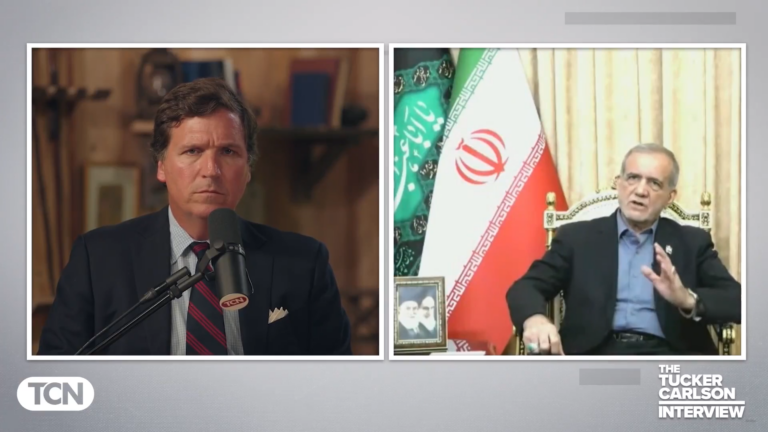
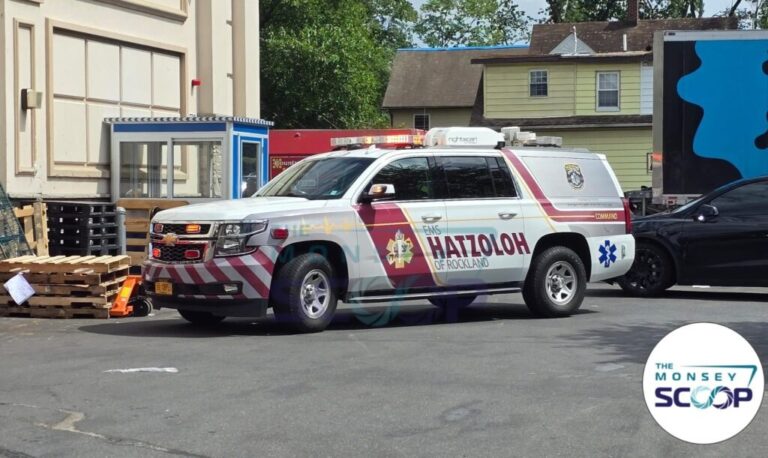

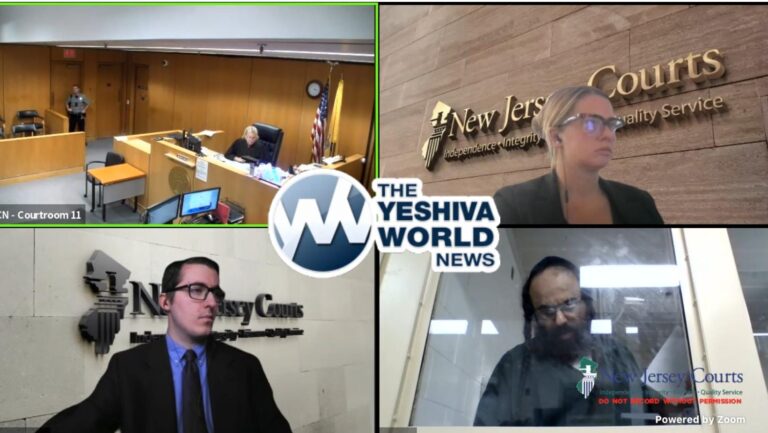

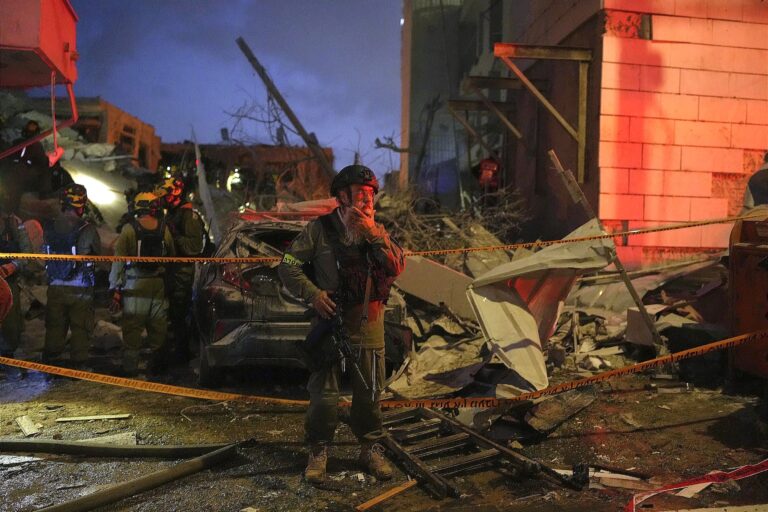
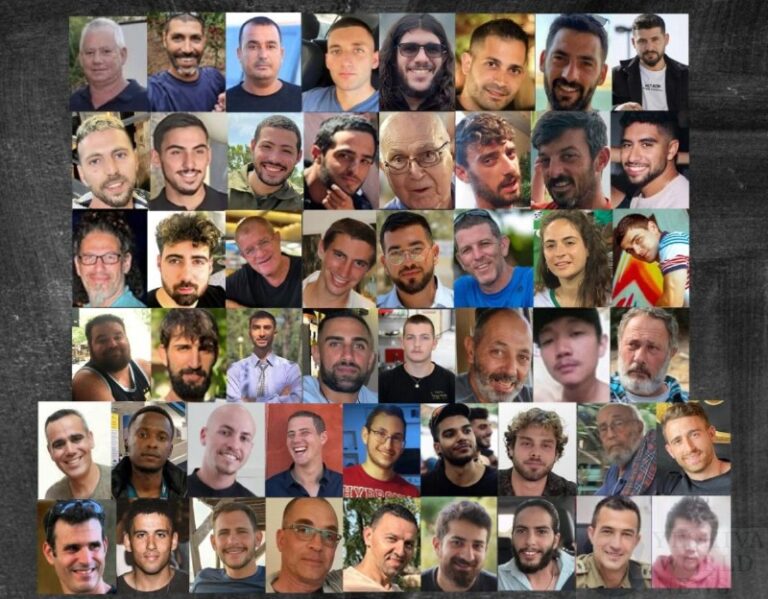

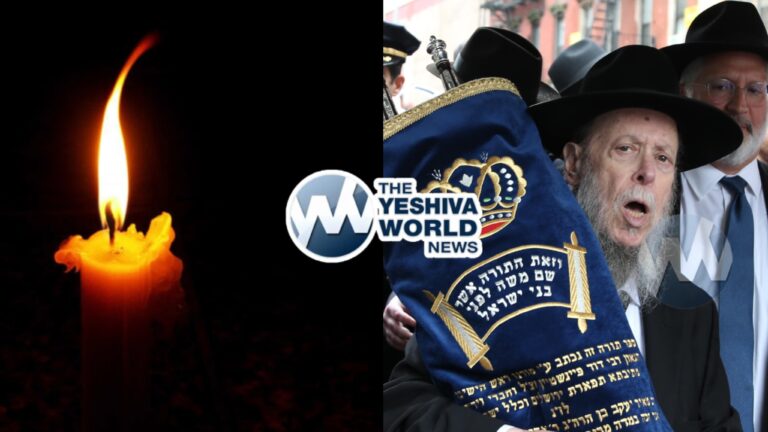

One Response
Campaign spending is a good thing. In addition to providing parnassah to many people who do all the work, it is a celebration of America’s democracy. It is a good sign that lots of people want to spend lots of money on elections. I bet rich people in North Korea never spend money on electioneering – and don’t even talk about politics (or live very long if they do).